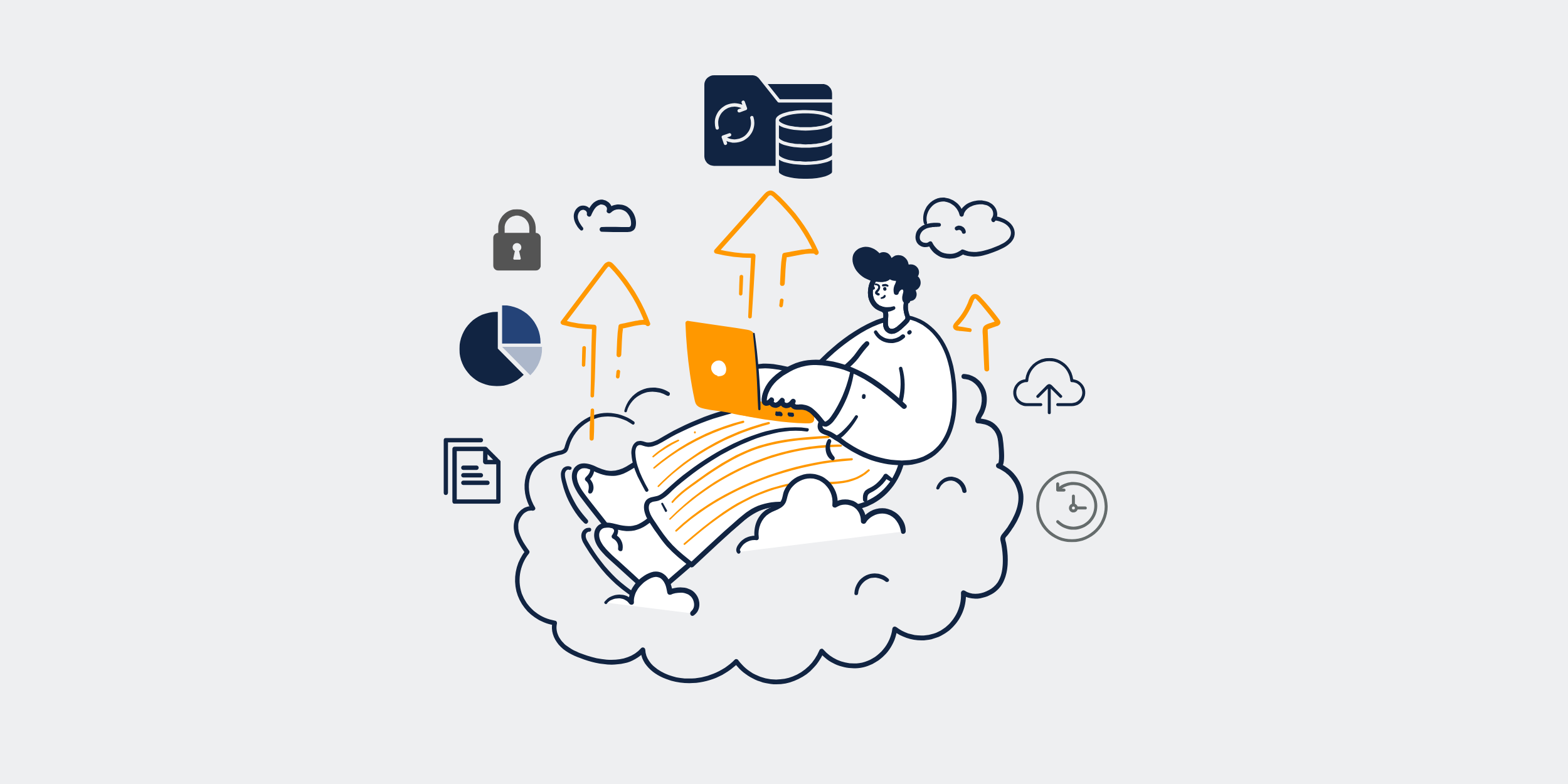Best Practices for Backing Up Your Keap CRM Data Securely

Keap (Formerly Infusionsoft) Backup Best Practices to Secure Your Data
Introduction
In today’s digital era, safeguarding your business data is not just a necessity but a priority. Keap, formerly known as Infusionsoft, is a popular customer relationship management (CRM) tool used by many businesses to streamline their processes. But how do you ensure that your valuable data stays safe? In this article, we’ll delve into the best practices for backing up your data on Keap, securing it against potential threats.
Why Backup Your Keap Data?
The Importance of Data Backup
Imagine losing all your customer interactions, sales data, and business communications overnight. Disturbing, right? Data loss can occur due to various reasons – technical malfunctions, accidental deletions, or cyber-attacks. By regularly backing up your data, you prepare for these unforeseen circumstances, ensuring that your business runs smoothly even in a crisis.
Legal and Compliance Factors
Depending on your industry, you might have legal obligations to maintain and protect certain data for specified periods. Failing to comply with these regulations can lead to legal penalties. Ensuring regular backups can help you stay compliant with these mandates efficiently.
Understanding Keap’s Built-In Backup Features
What Keap Offers
Keap offers some built-in security measures and backup features. Detailed logs and data exportation capabilities allow users to manually back up valuable data. However, understanding these features’ scope is crucial for establishing a robust backup strategy.
Limitations You Should Know
While Keap provides basic tools, relying solely on them may not suffice for large-scale or highly critical business data. The limitations in automated backups and data restoration options imply that additional measures are necessary for comprehensive data protection.
Crafting a Comprehensive Backup Strategy
Regular Backup Schedule
The cornerstone of any effective backup strategy is consistency. Establish a regular backup schedule—be it daily, weekly, or monthly—depending on your business needs. The more frequent your data updates, the more often backups should occur.
Integrating Third-Party Tools
For robust data protection, consider integrating third-party backup tools with Keap. These tools can offer automated backup solutions, cloud storage options, and easy data recovery processes. Choosing the right tool can be comparable to selecting a reliable guardian for your data.
Popular Third-Party Options
- Backupify
- Spanning Backup
- Rewind.io
Implementing Multi-Layered Security
Encryption and Authentication
A backup strategy is incomplete without addressing data security. Encrypt your backup data to protect it from unauthorized access. Additionally, employ strong authentication measures when accessing backup data to add an extra layer of protection.
On-Site and Off-Site Storage
Diverse storage solutions can mitigate risks associated with backups. Store backups on-site for quick access and off-site (e.g., cloud services) to safeguard against physical damage or local system failures. This multi-site approach works like having multiple keys for multiple doors—ensures there’s always a way in.
Testing and Updating Your Backup Plan
Regular Testing and Validation
Think of testing your backups like a fire drill—it ensures everything works when you need it most. Regularly test your backup systems to confirm data integrity and restoration capabilities. This practice helps identify issues before they become critical problems.
Adjusting for Business Changes
Business environments are dynamic, with constant changes in operations and data volumes. Regularly review and update your backup strategy to align with your current business environment, ensuring that it continues to adequately protect your data.
Conclusion
Backing up your Keap data is akin to purchasing an insurance policy for your business’s most valuable asset. By understanding the significance of backups, utilizing Keap’s features while supplementing them with robust third-party solutions, and maintaining a proactive, multi-layered approach, you can ensure your data remains secure and recoverable. In the digital world, a robust backup strategy is not a luxury—it’s a necessity.
Frequently Asked Questions
1. How often should I back up my Keap data?
Your backup frequency should align with your data changes. For frequent changes, consider daily backups. Otherwise, weekly or monthly schedules might suffice.
2. Can I rely solely on Keap’s internal backup features?
While Keap provides some backup capabilities, it’s recommended to supplement them with third-party tools for comprehensive protection.
3. What are the risks of not backing up my data?
Without backups, you’re at risk of losing critical business information to hardware failures, accidents, or cyber threats—resulting in potential business disruptions.
4. Are cloud-based backups better than local backups?
Both have their merits. Cloud backups offer off-site security, while local backups allow quick access. A combination is generally best for maximum security.
5. What should I consider when choosing a third-party backup tool?
Look for features such as automation, reliability, ease of use, customer support, and security measures like encryption and multi-factor authentication.
